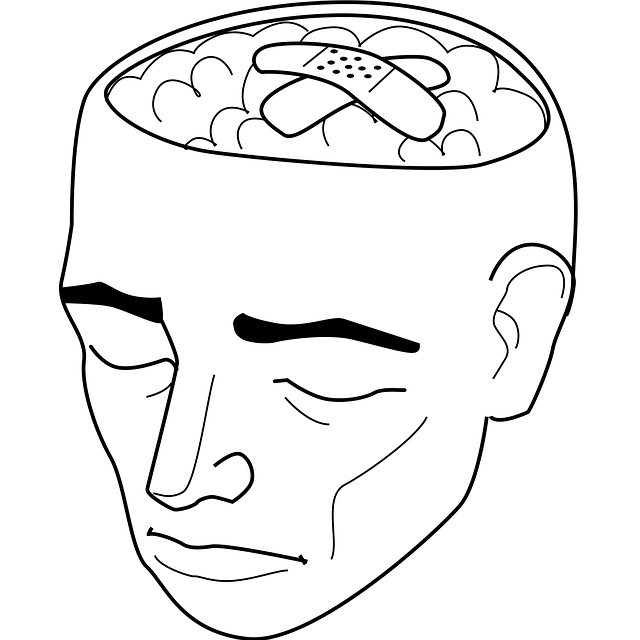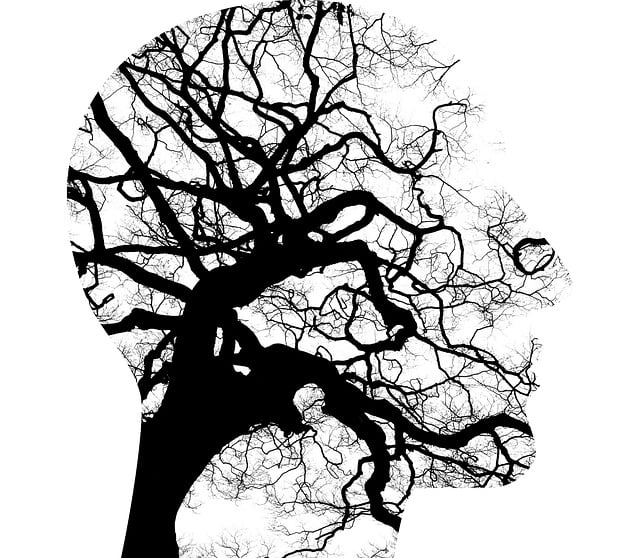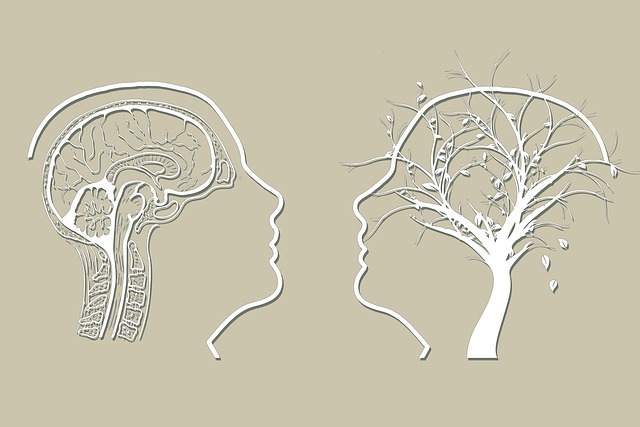Mental illness diagnosis requires a meticulous process involving healthcare experts who assess symptoms, medical history, and cultural backgrounds using standardized tools. Broomfield Acceptance and Commitment Therapy (ACT) offers a unique approach, emphasizing emotional acceptance and committed action, which cultivates mental wellness through mindfulness and values-driven actions. A multidisciplinary team provides support, including risk management planning, trauma services, and self-care coaching, ensuring a safe and effective recovery environment. Stigma reduction efforts through positive thinking, community programs, and online resources empower individuals to take charge of their well-being with renewed confidence.
Mental illness diagnosis and treatment navigation can be a challenging journey. This article guides you through the intricacies of understanding mental health diagnoses, focusing on innovative approaches like Broomfield Acceptance and Commitment Therapy (ACT). We explore ACT’s transformative power in managing conditions ranging from anxiety to depression. Additionally, we offer insights into navigating treatment options and highlight valuable resources for recovery. By the end, readers will be equipped with knowledge and tools to embark on a path towards improved mental well-being.
- Understanding Mental Illness Diagnosis: Unveiling the Process
- Broomfield Acceptance and Commitment Therapy (ACT): A Transformative Approach
- Navigating Treatment Options: Support and Resources for Recovery
Understanding Mental Illness Diagnosis: Unveiling the Process

Understanding Mental Illness Diagnosis involves a meticulous process that requires expertise and empathy. It begins with an initial assessment where healthcare providers carefully evaluate symptoms, medical history, and overall well-being. This step is crucial in differentiating between various mental health conditions, which can range from anxiety disorders to more complex diagnoses like bipolar disorder or schizophrenia. Advanced techniques such as Broomfield Acceptance and Commitment Therapy (ACT) are often integrated into this process, focusing on accepting negative emotions while committing to valued actions.
Effective diagnosis requires a multidisciplinary approach, where psychiatrists, psychologists, and social workers collaborate. They may employ standardized tools and questionnaires to assess symptoms more objectively. Additionally, mental health professionals should consider the individual’s cultural background through Healthcare Provider Cultural Competency Training, as it influences how mental health issues manifest and are expressed. Risk Management Planning for Mental Health Professionals is another critical aspect, ensuring a safe and supportive environment during this sensitive phase of understanding and treating mental illness.
Broomfield Acceptance and Commitment Therapy (ACT): A Transformative Approach

Broomfield Acceptance and Commitment Therapy (ACT) offers a transformative approach to mental illness diagnosis and treatment. Unlike traditional talk therapy that often focuses on changing thoughts and behaviors, ACT encourages individuals to accept their experiences rather than fighting them. This non-judgmental stance allows for greater flexibility in navigating life’s challenges. By fostering mindfulness and values-driven actions, ACT helps individuals cultivate a deeper sense of meaning and purpose, leading to improved mental wellness.
Incorporating self-care routine development as part of the therapeutic process, ACT promotes better mental health by teaching practical skills for managing stress and regulating emotions. Additionally, mental wellness coaching programs developed within this framework can provide ongoing support and guidance, ensuring individuals stay on track with their recovery journeys. For those who have experienced trauma, Broomfield ACT offers specialized trauma support services tailored to help clients process and heal from past traumatic events.
Navigating Treatment Options: Support and Resources for Recovery

Navigating treatment options for mental illness can be overwhelming. However, support and resources are readily available to aid in recovery. One effective approach gaining popularity is Broomfield Acceptance and Commitment Therapy (ACT). ACT focuses on accepting one’s emotions while committing to actions that align with personal values, fostering a sense of well-being and resilience. By embracing this therapeutic method, individuals can learn to manage symptoms and enhance their overall quality of life.
Beyond therapy, Mental Illness Stigma Reduction Efforts play a pivotal role in fostering inclusivity and understanding. Promoting positive thinking and self-care practices empowers those facing mental health challenges. Support groups, community programs, and accessible online resources all contribute to creating a network of encouragement, enabling individuals to take control of their recovery journey with renewed confidence.
In navigating the complexities of mental illness diagnosis and treatment, understanding the process and accessing supportive resources are pivotal. The article has explored these aspects, shedding light on the journey from recognition to recovery. Among the diverse therapeutic approaches, Broomfield Acceptance and Commitment Therapy (ACT) stands out for its transformative power in fostering resilience and improving quality of life. By combining acceptance, mindfulness, and committed action, ACT empowers individuals to lead fulfilling lives despite mental health challenges. Additionally, navigating treatment options with the help of support networks and resources ensures a comprehensive approach to recovery. Armed with knowledge and assistance, individuals can take charge of their mental well-being and embark on a path towards lasting healing.














